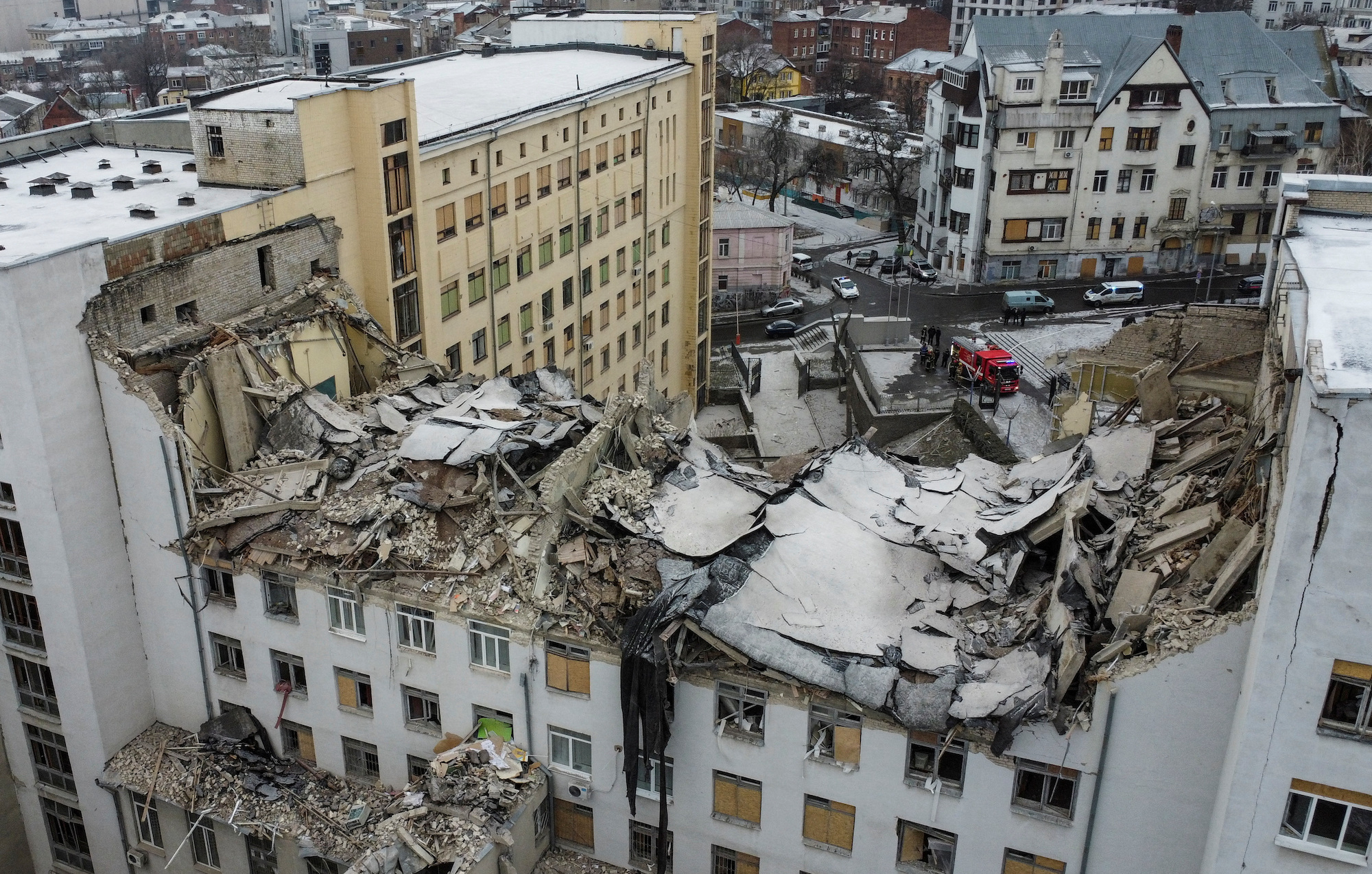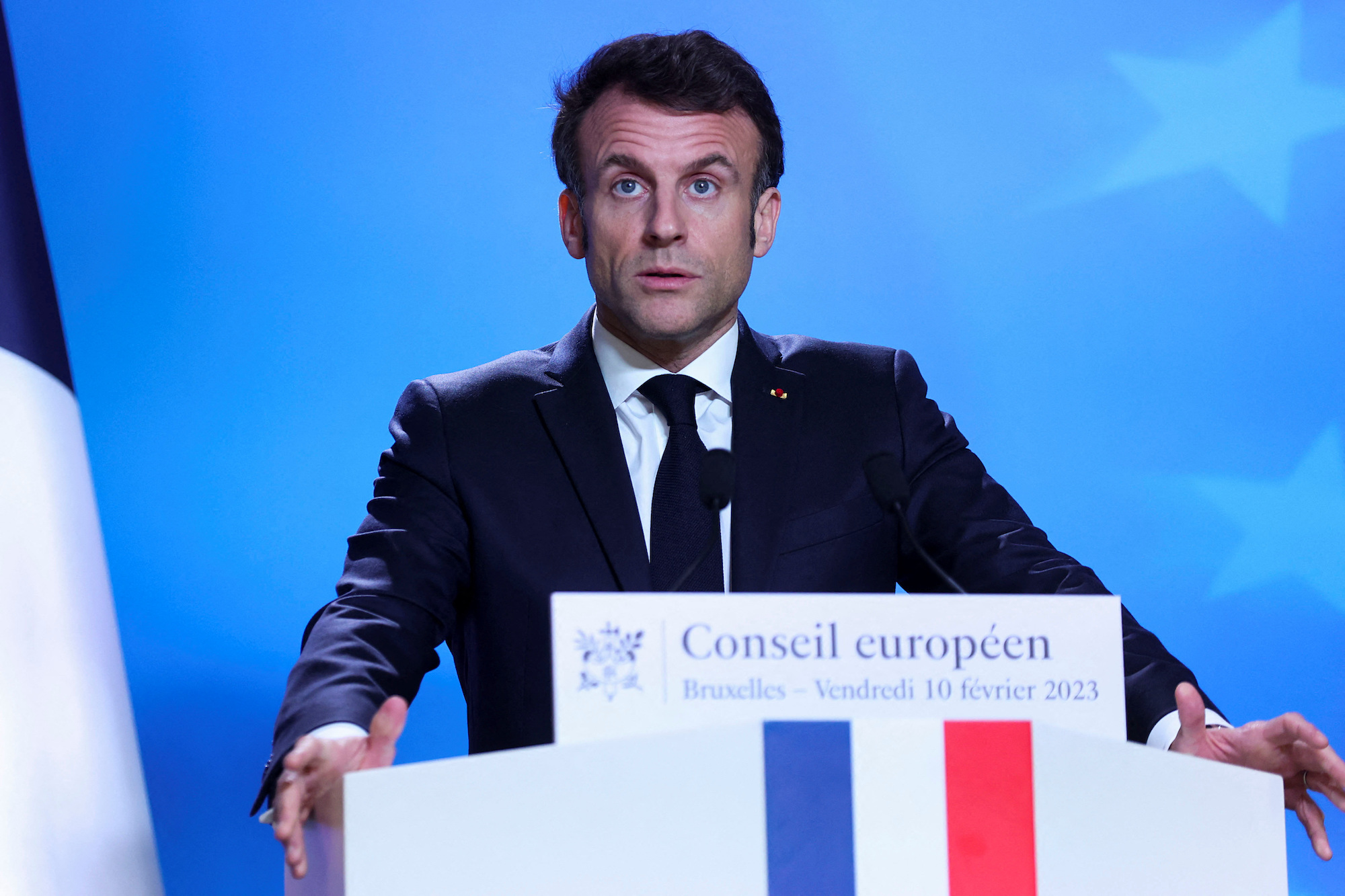Private military contractor Wagner will have to look for new fighters beyond Russia’s prison system, a fertile recruiting ground for the past nine months, according to its boss Yevgeny Prigozhin.
Prigozhin said on his company’s Telegram channel Thursday: “We have completely discontinued the recruitment of prisoners into Wagner PMC. Those who work for us now are fulfilling all their obligations.”
The Russian oligarch did not give any reason for the decision, but there are several plausible explanations for the change of tack. The pool of recruits may have dwindled, the Ministry of Defense may have intervened, or the operation may have stretched Prigozhin’s finances. Alternatively, Prigozhin may have been told that his way of war no longer fits Russian priorities on the battlefield.
After signing up between 40,000 and 50,000 prisoners from jails across Russia, the number of volunteers from prison may have shrunk so far that the campaign is no longer delivering.
Figures just released by the Russian Penitentiary Service may support that. They showed that the prison population decreased by 6,000 between November and January, compared to a drop of 23,000 inmates between September and October last year.
Captured fighters: This week CNN spoke with two Wagner fighters who had been recruited from Russian prisons and fought on the front lines in Ukraine before being captured.
They said that dozens of prisoners, some with just weeks left of their sentences, had signed up after visits from Prigozhin in August and September. They said he had arrived at their prisons in a helicopter and made bold promises about wages and other benefits, as well as a pledge that their criminal records would be expunged.
CNN could not independently confirm the claims. The interviews were carried out in the presence of Ukrainian security officers but the captured fighters spoke at length about their Wagner experiences. (CNN told the prisoners that they were free to stop the interview at any time. CNN is not revealing their identities.)
Read the full analysis here.





